Life Without Borders: An unforgettable experience in Brazil
September 14, 2018
I stood on our sixth floor balcony. Clothes and towels lined the railings of every apartment. The sun felt close. At night I could see the stars. That’s were I went to find a moment of solitude. Where we got signal to make phone calls. Where Maria (another exchange student from Puebla, Mexico, our roommate and friend) Diana, and I celebrated Mexico’s world cup victory over Germany with homemade instruments and chants. It was on that balcony where neighbors from across the building waved me over and invited me for a cafezinho.
We sat in their living room adorned with various forms of artwork and plants. Language flowed freely. Ana, a petite, short haired, Geography Major, asked me questions in Portuguese. She reworded them here and there if I didn’t understand. I replied in Spanish. Ryan (pronounced Hyan) spoke Portuguese, Spanish and English. We spoke of stereotypes. Brasil: soccer, samba and sandy beaches. The United States: money, Jersey Shore and Trumpisms. I told them the average amount of debt that students graduate with which surprised many of them because they weren’t aware we pay for college.
Ana, like many others, asked “Why Pelotas? Why Brasil?” I answered honestly. I didn’t choose and I’m glad I didn’t. I don’t know that I would’ve picked that location otherwise. While I did spend the last week in Rio de Janiero sipping on coconuts at Copacabana, eating açai bowls at Ipanema, with arms spread in front of Cristo Redentor, eating feijoada and trying to get a picture on the Selaron steps I learned that Brasil is so much more than what we see in the movies.
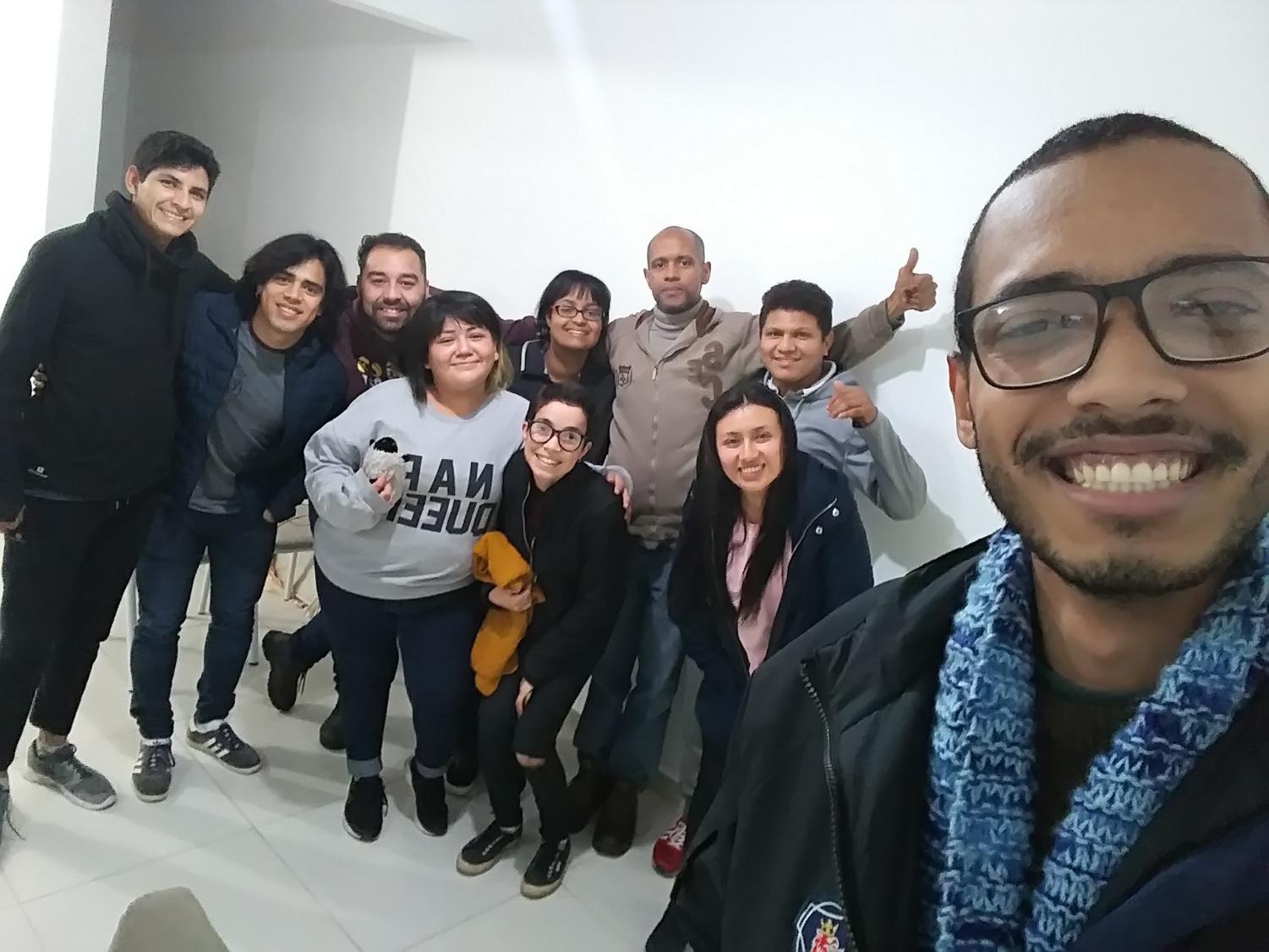
I fell in love with Brasil. The urban/colonial style of the city of Pelotas. The Portuguese language that sounds like a mix of Spanish, English and French. The Funki despite its overly sexual lyrics, similar to Hispanic reggeaton and trap music. The genuine interest people showed in politics, activism, history, and conversations on race and racism which many people in the U.S. find uncomfortable.
It was interesting to learn that while a few students we taught had parents or grandparents who migrated from other countries they solely referred to themselves as Brazilian. This was less common from those of German and Italian descent. It in no way meant they weren’t proud of their roots. Referring to themselves as Brazilians sufficed. Learning the brutal history of Pelotas was saddening. A pelota is a leather sack plantation owners used to cross rivers while being pulled by a slave. To my shock, there is a monument depicting this scene. The Praça Osorio, where many people lounged on the grass or by the intricate French fountain used to serve as an area where slaves would be publicly punished.
Brasil was the last country in the world to abolish slavery. Pelotas was the last city and known as the most brutal. I had been informed that 70% of the Pelotas population was Black. However, walking the streets and teaching at UFPEL I was surprised and confused by the lack of Black people and students. That was the biggest surprise, the amount of white Brazilians. Unfortunately, the majority of the 70% live on the outskirts of the city in poor socio economic conditions.
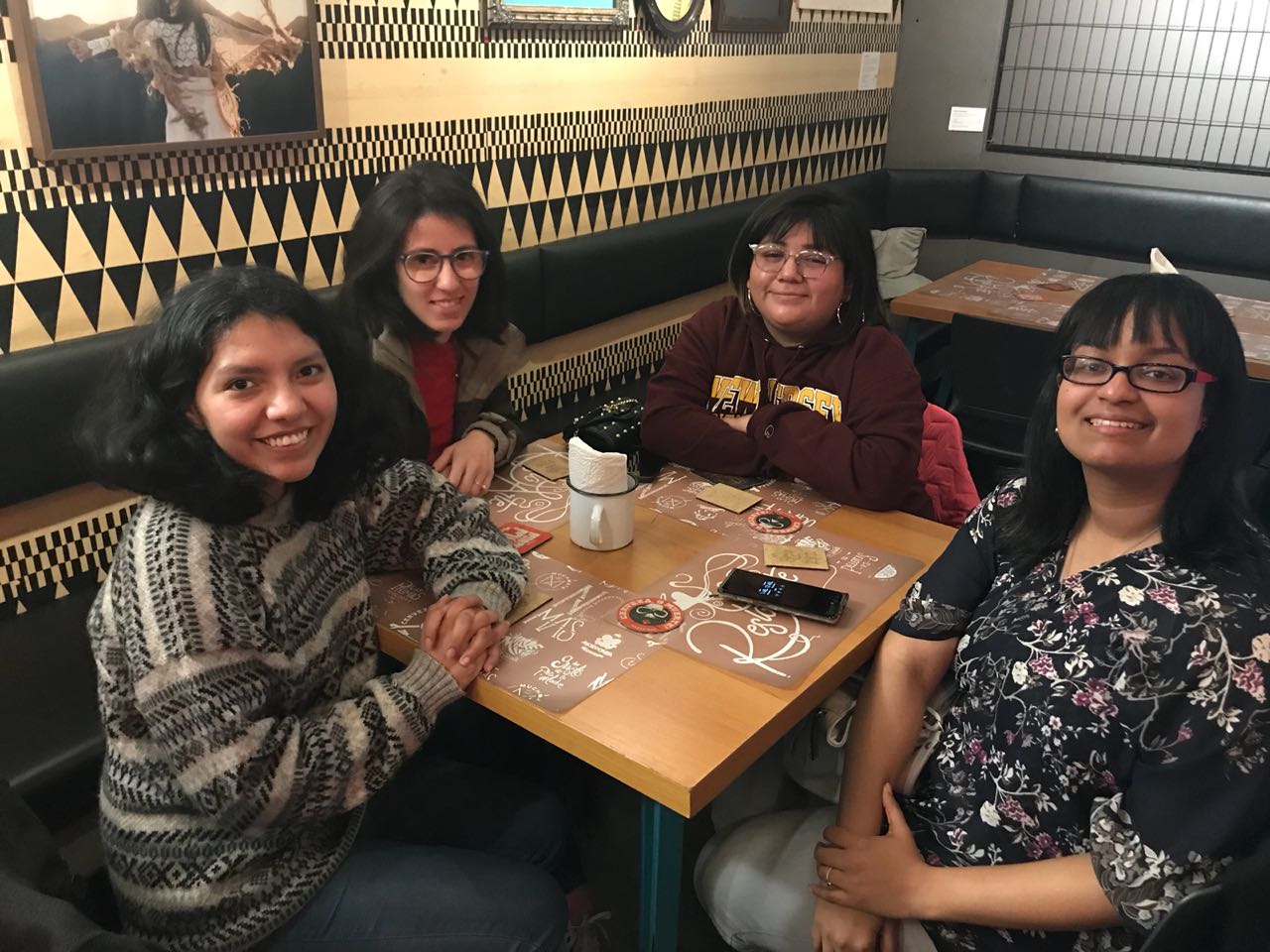
Overall, I am grateful to have participated in the Language Without Borders (LwB) program. It allowed me to immerse myself in a culture and language that I may not have had the opportunity to do to that extent otherwise. It was a mutual learning experience both inside and outside the classroom. I am most grateful you have met so many wonderful people. The many professors at LwB who opened their homes and classrooms to us as well as provided new perspectives. The diverse, eclectic, and talented people from casa do estudantes who welcomed me and made me feel like we had been friends for years. I miss them the most.



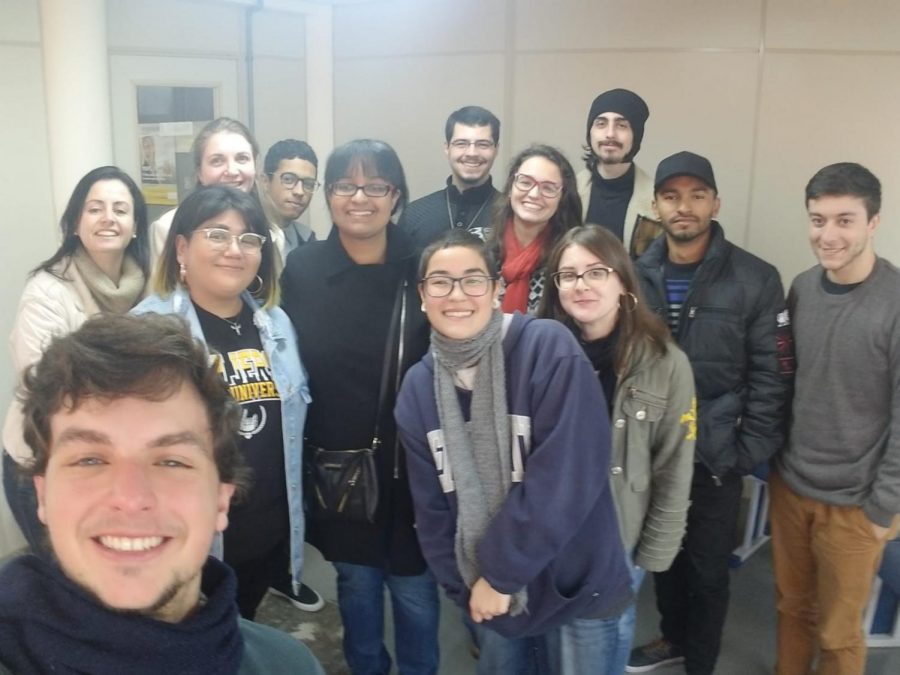

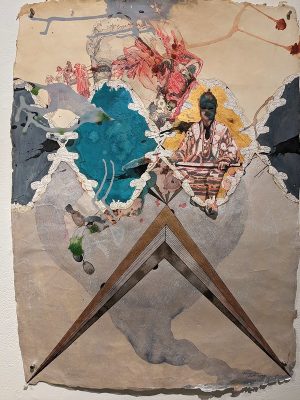

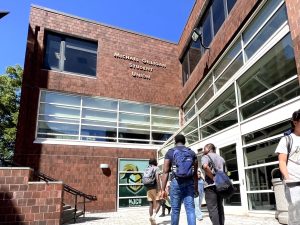

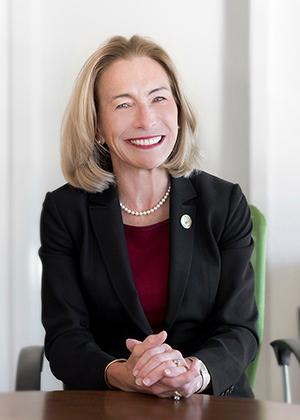
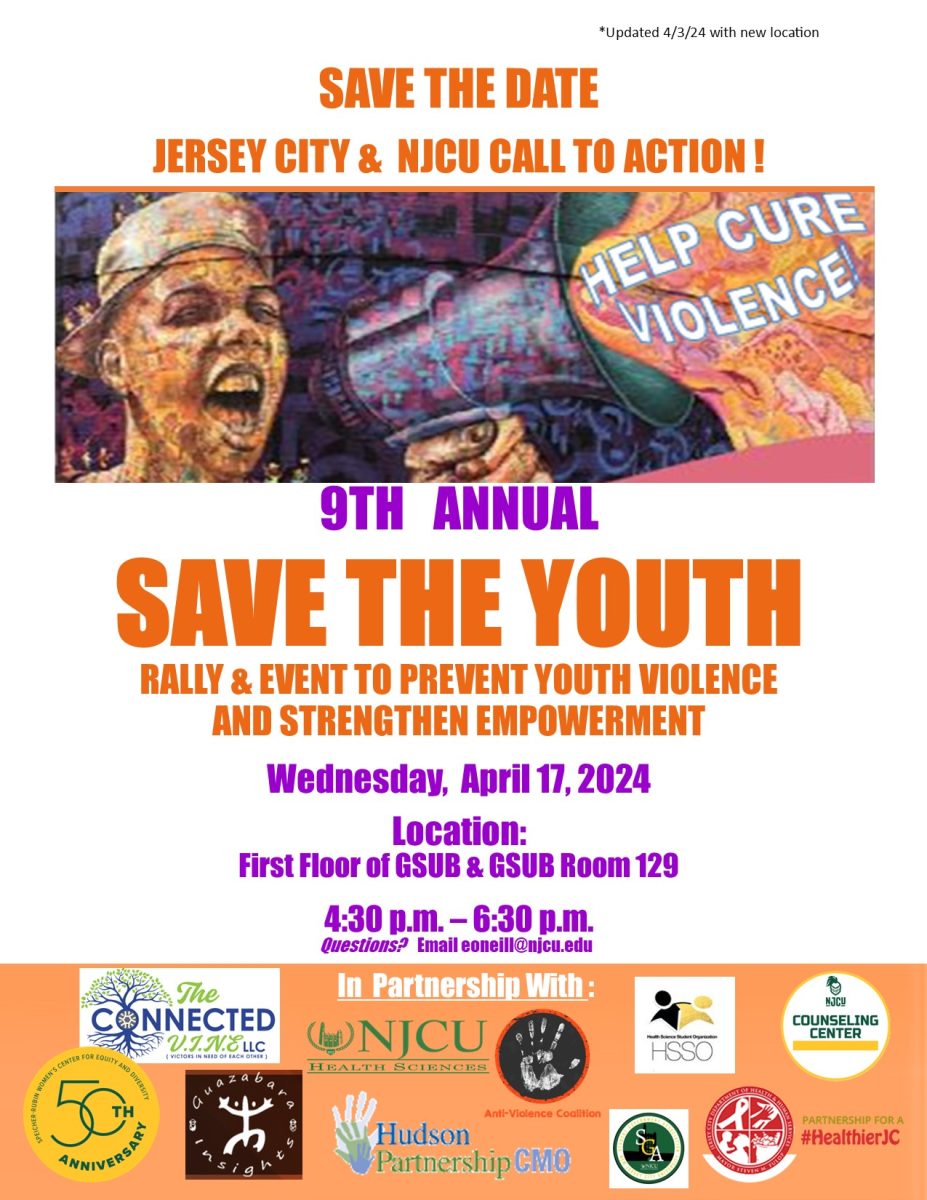


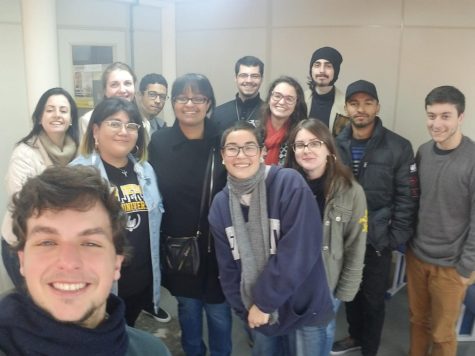
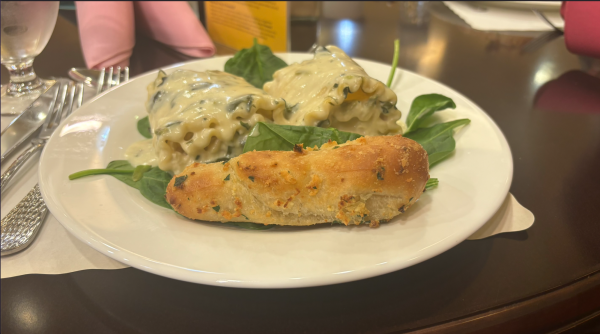
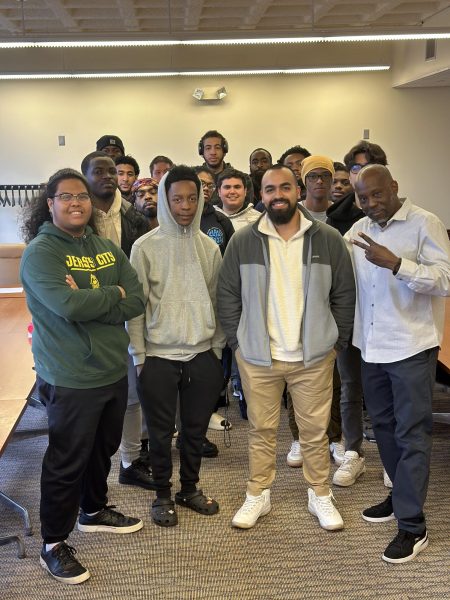

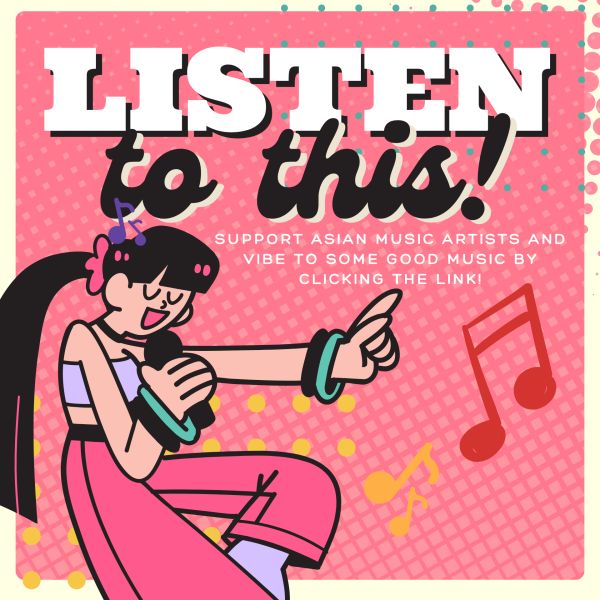
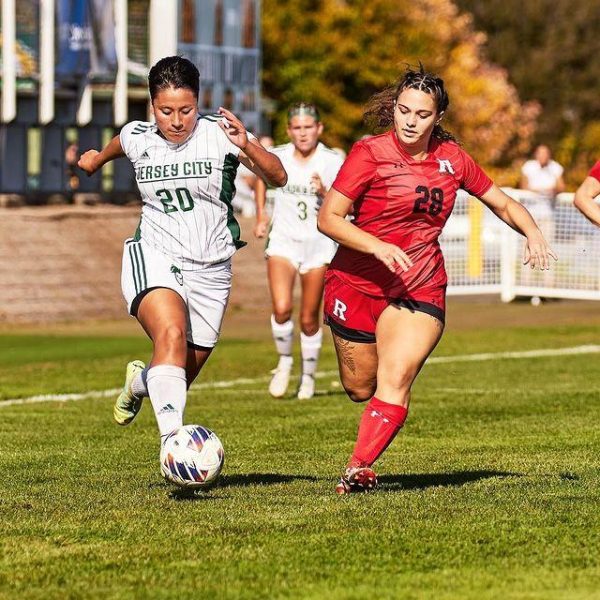
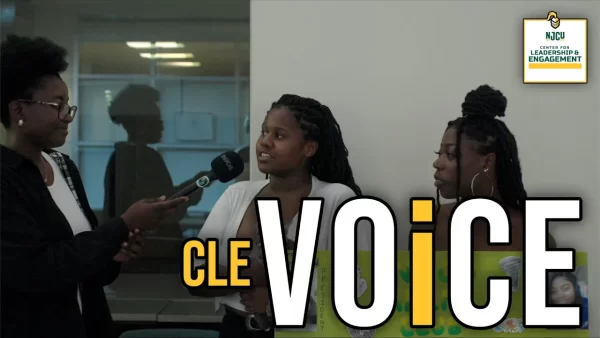
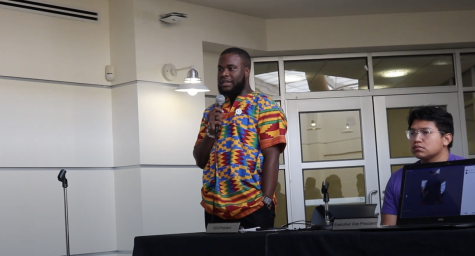
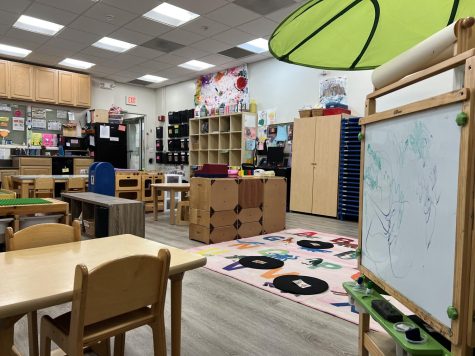
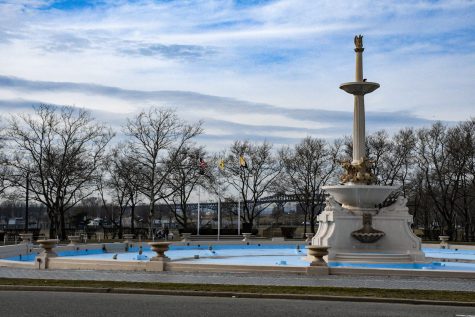
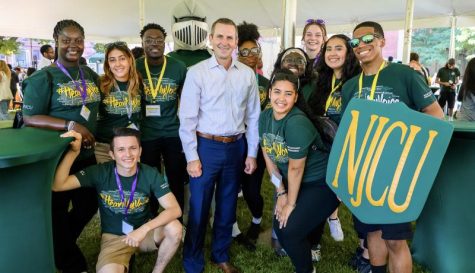
Rubens leal • Sep 21, 2018 at 11:44 pm
Maravilhosa descrição relacionadas com a diversidade e a problemática brasileira e a sua particularidade um texto honesto que nos representou em vários momento, muito obrigado!!! lembre se “só a luta muda a vida”!!!
Trad: Wonderful description related to diversity and the Brazilian problem and its particularity an honest text that represented us at various times, thank you !!! remember that “only the fight changes life” !!!